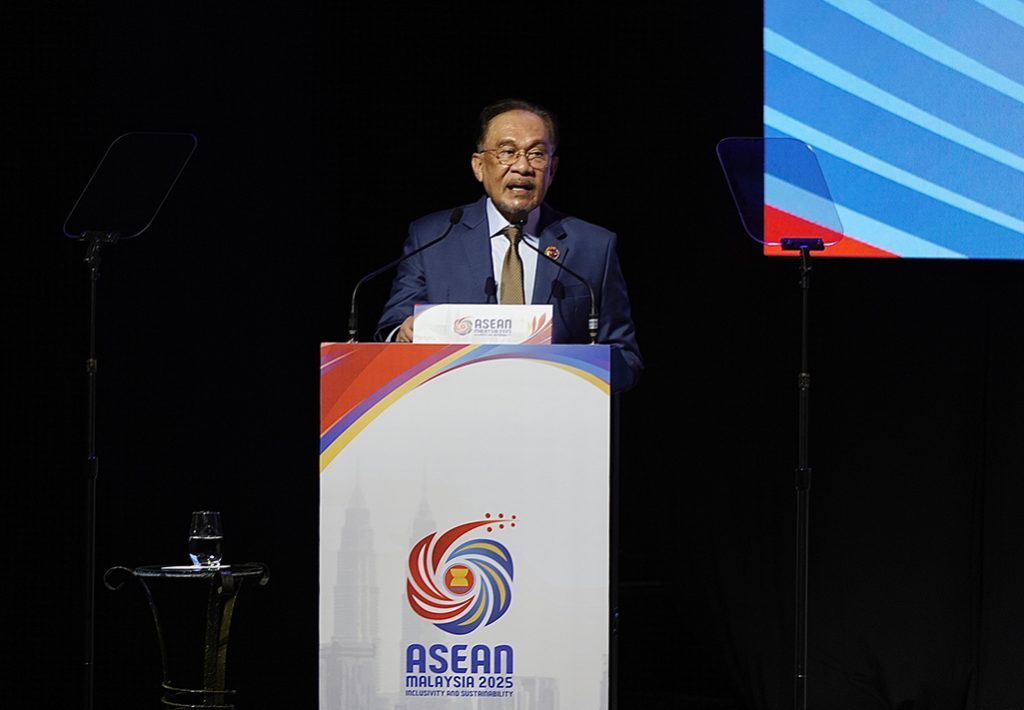
Anwar breaks with conventional diplomacy by engaging directly with both the Myanmar military junta and Opposition groups
by HIDAYATH HISHAM
 MALAYSIA is emerging as the region’s key diplomatic player in seeking a peaceful resolution to the Myanmar crisis — an approach rooted in quiet engagement, humanitarian effort and political realism.
MALAYSIA is emerging as the region’s key diplomatic player in seeking a peaceful resolution to the Myanmar crisis — an approach rooted in quiet engagement, humanitarian effort and political realism.
Since the 2021 military, Myanmar has spiralled into deeper conflict, displacing millions of people and drawing condemnation for its human rights abuses.
As violence and humanitarian needs mount, Malaysia has signalled that silence is no longer an option.
History of Mediation with Renewed urgency
Malaysia’s foreign policy has long been anchored in neutrality, non-interference and regional stability. But that has never meant inaction.
From Mindanao to Southern Thailand, Malaysia has acted as a credible mediator in ASEAN disputes. This legacy continues today.
Universiti Utara Malaysia (UUM) International Relations expert Prof Dr Ahmad Martadha Mohamed said Malaysia continues to approach diplomacy with the same moderate stance that has defined its foreign policy for decades.
“Malaysia has often been recognised as a mediator, as seen in the southern Philippines with the Mindanao issue. Similarly, in southern Thailand, Malaysia’s role as a middleman in resolving disputes between conflicting parties has always been acknowledged,” he told The Malaysian Reserve (TMR).
The nation’s position is also pragmatic. The ongoing influx of Rohingya and other Myanmar refugees has direct consequences for domestic security, with rising public concerns about crime, undocumented settlements and strained services, Ahmad Martadha added.
Despite its neutral stance, Malaysia has often issued public calls for Myanmar to respect human rights and reinstate demo- cratic governance.
This balancing act — respecting sovereignty while taking a moral stand — is part of Malaysia’s long-standing diplomatic DNA, he said.
Unconventional Diplomacy
Malaysia’s ASEAN Chairmanship in 2025 comes at a critical moment. Prime Minister (PM) Datuk Seri Anwar Ibrahim has broken with conventional diplomacy by engaging directly with both the Myanmar military junta and Opposition groups.
At the 46th ASEAN Summit in Kuala Lumpur (KL), Anwar officially opened proceedings and reaffirmed Malaysia’s commitment to resolving the Myanmar crisis.
Describing this approach, UUM’s deputy Vice Chancellor (Academic and International) and political analyst Prof Dr Mohd Azizuddin Mohd Sani called Anwar’s recent visit to Bangkok a turning point.
“I believe Anwar’s recent move to visit Bangkok and meet with the junta, as well as virtually with the Myanmar Opposition, is an extraordinary approach. Usually, no head of state dares to directly involve themselves in such discussions.
“If he had not, these conflicting parties wouldn’t have sat at the negotiating table. So, how can talks happen? How do you resolve something without negotiation?” he said.
Following the meeting, both sides agreed in principle to a ceasefire and the continuation of humanitarian aid, especially in light of the devastating earthquake.
Mohd Azizuddin noted that with half a million Myanmar nationals already in Malaysia, the stakes are not just diplomatic but deeply domestic.
Malaysia’s actions show it is serious about leading ASEAN toward a durable resolution, even as the Myanmar issue remains a “thorn in ASEAN’s side.”
University of Tasmania’s Asia Institute Prof James Chin highlighted the appointment of a special advisory group comprising former ASEAN leaders.
“This is actually a very clever move because people like (former Thai PM) Thaksin Shinawatra and a few others that Anwar appointed have extensive links with the establishment in their countries.
“One of the things Anwar is trying to do is to put more pressure on the Myanmar junta to come to some sort of agreement to stop the civil war,” Chin said.
Navigating Risks, Balancing Principles
Despite Malaysia’s efforts, the road ahead is complex. ASEAN leaders recently welcomed steps by Malaysia and Thailand to engage stakeholders in Naypyidaw and collectively stressed the need to implement the Five-Point Consensus without delay — a signal that Malaysia’s diplomatic approach has gained traction among its regional peers.
Ahmad Martadha pointed out that Myanmar’s junta previously viewed Malaysia negatively due to its open criticism and treatment of Rohingya refugees.
“Myanmar media had previously been quite negative about Malaysia’s actions, but after the recent earthquake, we’ve seen that they have been more open to requesting aid from other countries.”
This moment presents an opportunity for Malaysia to rebuild diplomatic bridges and show that its intentions are rooted in peace and humanitarianism.
Chin observed that the ASEAN principle of non-interference is increasingly outdated.
“Most people will say in the last five years non-interference is just old talk. Most countries believe that in the case of a civil war like in Myanmar, ASEAN does have a role to play to stop it, especially when people are being killed,” he said.
While humanitarian aid is important, Chin warned that it will not shift the diplomatic balance.
“What matters is who can actually reach out to the junta leaders and force them to come to the table to negotiate seriously,” he said.
ASEAN Tensions, Malaysia’s Refugee Burden
The refugee dimension adds another layer of urgency. Mohd Azizuddin said Malaysia’s objective is not just regional peace but to create conditions that allow the safe repatriation of refugees.
Ahmad Martadha said Malaysia’s softer refugee policies have, at times, backfired.
He cited the rise of fake United Nations High Commissioner For Refugees (UNHCR) cards, weak coordination between immigration authorities and community tensions in areas such as Selayang (Selangor) and Langkawi (Kedah).
“We cooperate with UNHCR, but we also see a lot of manipulation happening. There are fake UNHCR cards, and this affects national security issues,” he said.
Other ASEAN countries, such as Thailand and Indonesia, have taken a harder line, refusing to accept Rohingya boats. This divergence has made Malaysia’s role more isolated but also more morally charged.
“We do not want the conflict to destabilise the region,” he added.
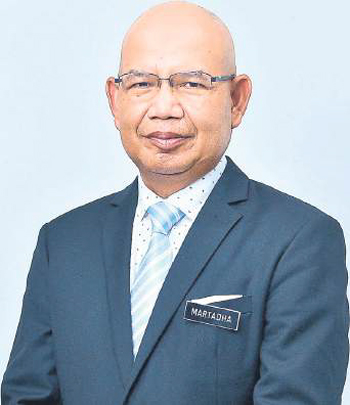
According to Ahmad Martadha, Malaysia’s role as a mediator in resolving disputes between conflicting parties has always been acknowledged
Can Malaysia Shift ASEAN Consensus?
The Five-Point Consensus on Myanmar — ceasefire, dialogue, humanitarian aid, a special envoy and access for ASEAN officials — remains largely unimplemented.
Regional leaders, meeting at the 46th ASEAN Summit KL, reaffirmed that the Five-Point Consensus remains the bloc’s core framework for resolving the crisis in Myanmar.
They jointly called for its full and immediate implementation, emphasising the need for a Myanmar-led, inclusive political process to achieve a durable solution.
While acknowledging recent declarations of temporary ceasefires by the military and other parties, they urged for these efforts to be sustained and expanded nationwide.
They also called for an end to violence against civilians and public infrastructure, stressing the importance of enabling humanitarian aid and inclusive dialogue.
Delivery of assistance, the leaders added, must be transparent and guided by needs assessments from the ASEAN-Emergency Response and Assessment Team (ASEAN-ERAT) and the ASEAN Coordinating Centre for Humanitarian Assistance on Disaster Management (AHA Centre). Support for the ASEAN Chair and Special Envoy was also reaffirmed.
In regards to the March earthquake in Myanmar and ASEAN’s coordinated response, Anwar, in one of his addresses during
the summit said: “The steps may be small and the bridge may be fragile, but as they say, in matters of peace, even a fragile bridge is better than a widening gulf.”
As part of its ongoing efforts, Malaysia also intends to send a delegation to Myanmar to hold direct talks with the State Administration Council.
In a press conference during the summit, Foreign Minister Datuk Seri Mohamad Hasan said the mission will relay feedback from recent engagements with stakeholders in KL.
He stressed that this step is not an act of interference, but a necessary form of engagement, as Myanmar is part of the ASEAN family.
Mohamad added that while the consensus framework is clear, trust remains the key obstacle.
“The Five-Point Consensus is not difficult. The first is to stop all hostility against their people, against various ethnic groups and to have dialogue.
“Then, the delivery of humanitarian aid must not be disrupted. After that, we ensure the appointed special envoy can meet with all parties in Myanmar,” he said.
He acknowledged the deep-rooted ethnic divisions in Myanmar and said negotiations must be ongoing to build mutual understanding.
Chin argued that Malaysia, unlike previous chairs, may actually have the credibility and initiative to move the consensus forward.
Anwar’s active diplomacy, strategic use of ex-leaders and regional goodwill may help shift the equation.
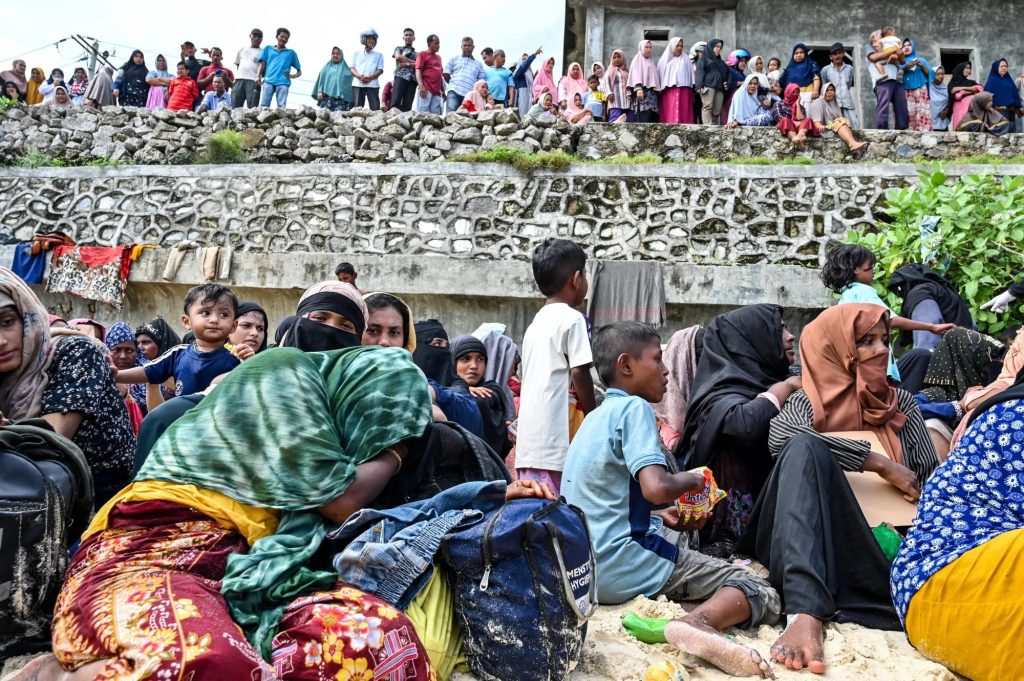
Since the 2021 military, Myanmar has spiralled into deeper conflict, displacing millions of people and drawing condemnation for its human rights abuses (Photo: Bloomberg)
The Road Ahead: Beyond 2025
Analysts agreed that Malaysia’s diplomatic offensive must continue beyond its one-year ASEAN chairmanship.
Mohd Azizuddin said conflicts such as Myanmar usually take a long time to resolve.
“It could take a decade or two. So, Malaysia’s one-year ASEAN chairmanship is not enough,” he said.
For lasting peace, ASEAN must maintain pressure and Malaysia must continue to set the tone. Ahmad Martadha said ASEAN’s strength lies in mutual respect and regional cohesion.
“We must not let any one country fall too far behind in terms of regional development,” he added.
Chin noted Malaysia’s potential to model a new form of ASEAN leadership that prioritises both principle and pragmatism.
“Every ASEAN country gets a chance to push its agenda. Malaysia can be as assertive as it wants,” he said.
Mohamad also called on ASEAN to reduce internal disparities and speak with one voice on global issues — from Gaza to Myanmar — underscoring that unity is no longer optional.
“For ASEAN, unity is now more important than ever,” he said.
In a region long paralysed by protocol, Malaysia’s assertive neutrality may just be what ASEAN needs.
- This article first appeared in The Malaysian Reserve weekly print edition
RELATED ARTICLES
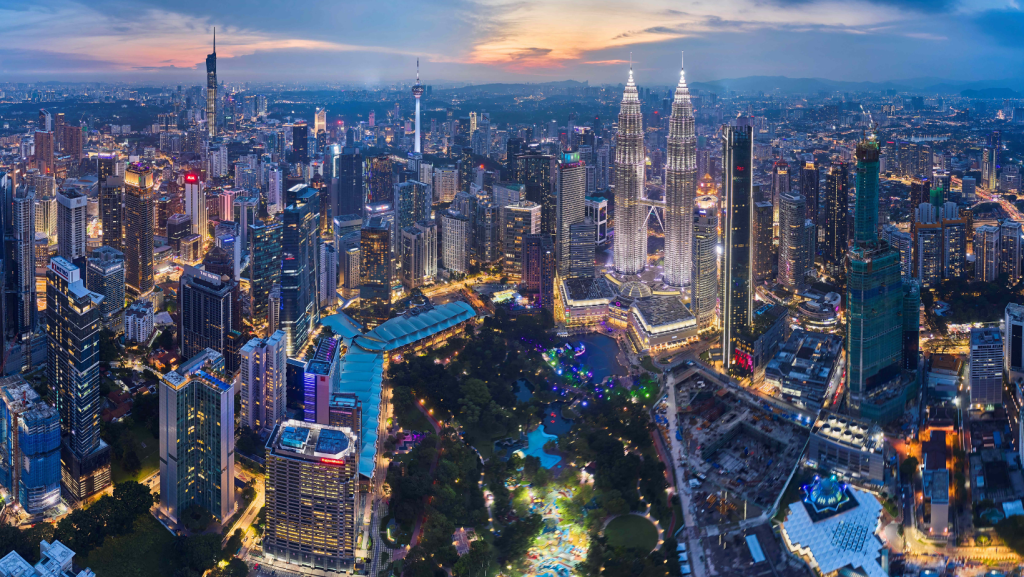
KLCC reinforces position as secure venue for ASEAN Summit
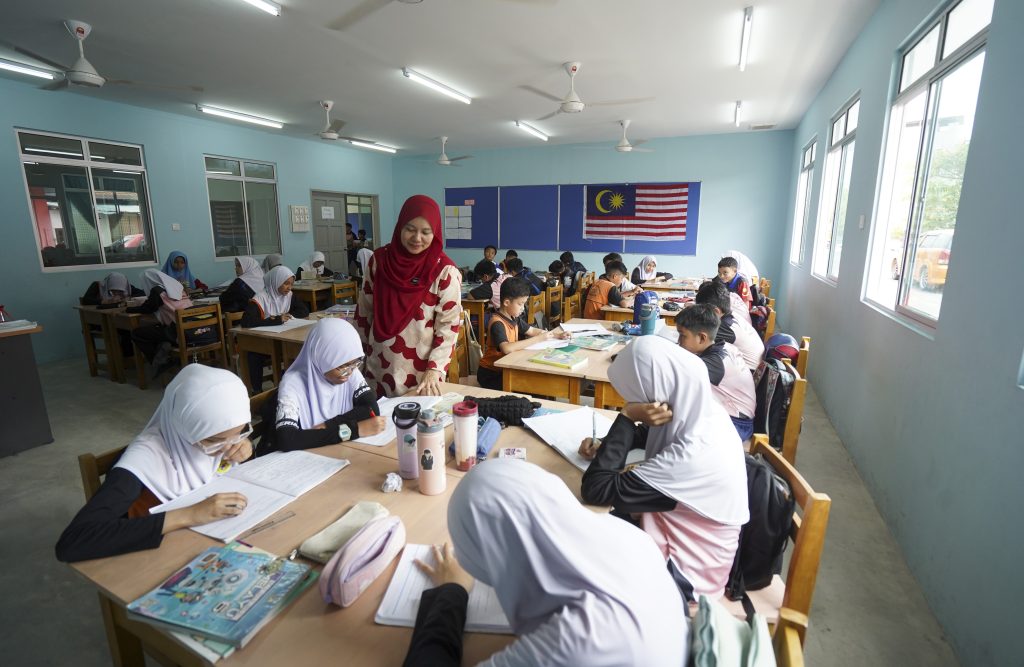
PdPR allowed for 71 schools in KL, Selangor in conjunction with 46th ASEAN Summit
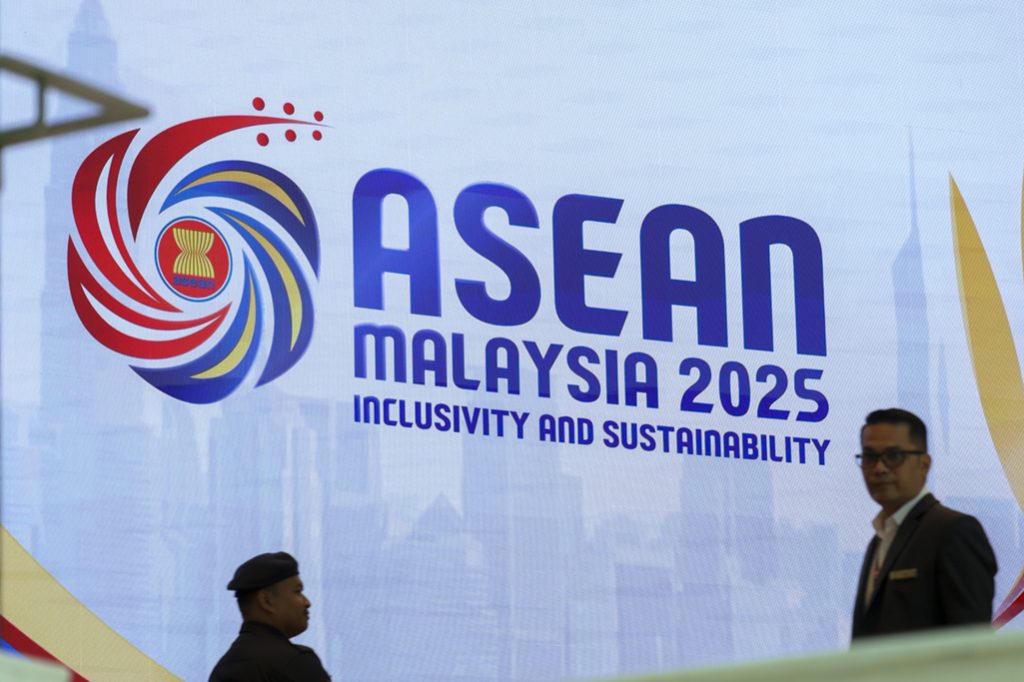
Bukit Aman: No security incidents during 46th ASEAN Summit
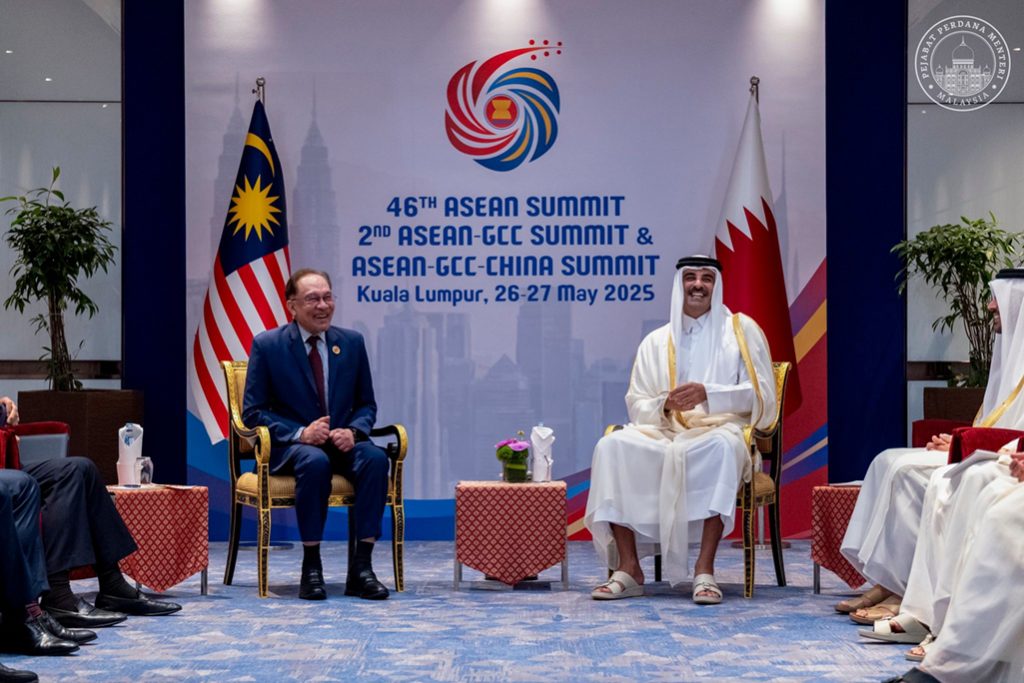
Anwar, Emir of Qatar hold talks to strengthen bilateral ties
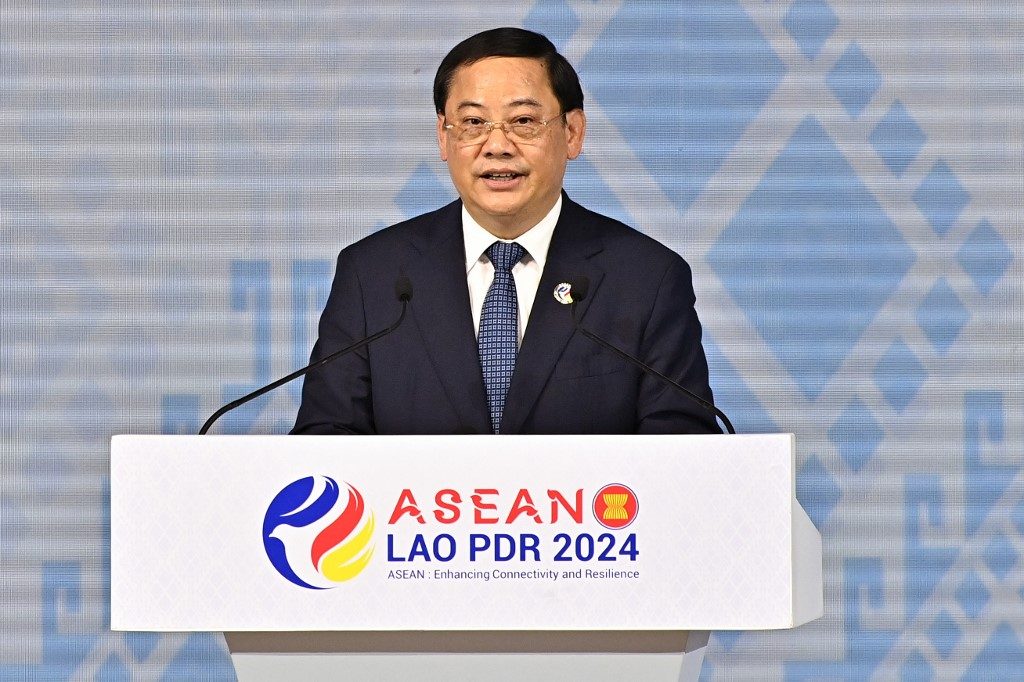
Malaysia welcomes Lao PM ahead of ASEAN Summit
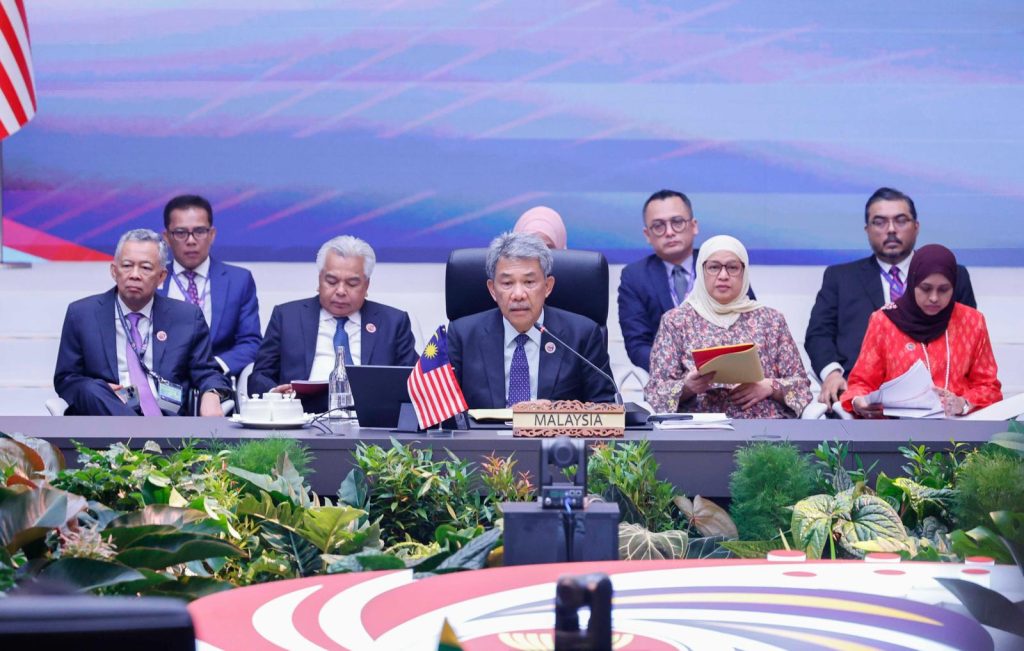
ASEAN must face global challenges with unity, says Foreign Minister
The post Malaysia pursues direct diplomacy to resolve Myanmar conflict appeared first on The Malaysian Reserve.
